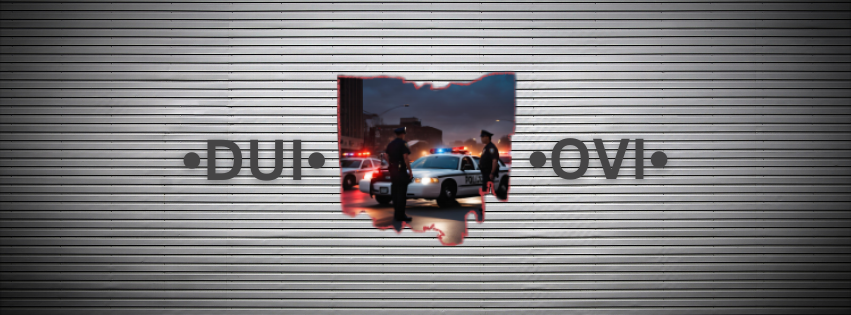In our last article, we talked about the overall expungement laws in Ohio. In said article, we mentioned that there are some exceptions to the rules. Sometimes you may be an eligible offender but find that the offense itself is not eligible for sealing and/or expungement. Other times you may find that the offense itself is expungeable but you cannot expunge it. This usually happens because of something on your record. There are many reasons your record could be ineligible. One of the more detailed (and common) exceptions is when your record has multiple charges from one offense.
Multiple Charges from One Offense
ORC 2953.61 details the rules for expunging multiple charges from one offense. The main effect of this section is on someone with more than one charge from the same criminal act. Normally, they must wait until their conviction with the longest waiting period becomes eligible for sealing or expungement. Only after that can they expunge ANY of the convictions sealed or expunged.
For example, you could be charged with a misdemeanor and a felony of the third degree for committing the same act, this section would impact the amount of time you have to wait to have the misdemeanor sealed. Normally, the waiting period to have a record of a misdemeanor sealed is one year after the offender’s final discharge. However, since the felony of the third degree is from the same act, you could not apply for the sealing of the misdemeanor until the waiting period for the F3 was complete. The waiting period to have a F3 sealed is three years after the offender’s final discharge, so in this scenario, you would have to wait three years to apply to have the misdemeanor sealed instead of one.
The ORC uses a somewhat wordy paragraph to describe this rule in Section 2953.61 Division (A):
Applicable Law
“Except as provided in division (B)(1) of this section, a person charged with two or more offenses as a result of or in connection with the same act may not apply to the court pursuant to section 2953.32, 2953.33, or 2953.521 of the Revised Code for the sealing or expungement of the person’s record in relation to any of the charges, and a prosecutor may not apply to the court pursuant to section 2953.39 of the Revised Code for the sealing or expungement of the record of a person in relation to any of the charges if the person was charged with two or more offenses as a result of or in connection with the same act, when at least one of the charges has a final disposition that is different from the final disposition of the other charges until such time as the person, or prosecutor, would be able to apply to the court and have all of the records pertaining to all of those charges sealed or expunged pursuant to section 2953.32, 2953.33, 2953.39, or 2953.521 of the Revised Code.”
The exception in (B)(1) mentioned in the above paragraph deals with traffic violations. Traffic violations are normally not expungeable, but this division exception deals with the situation where multiple charges come from the same act, only one is a traffic violation, and all the other charges are eligible offenses. If there is ONLY ONE traffic violation on such a record, the court may be able to seal the entire record. However, there are exceptions to this exception. This exception excludes OVI charges.
Conclusion
As we mentioned in our Expungement overview for 2024, the rules can become rather complicated. If you have questions or require legal representation in a case regarding sealing and expungement, or in any other criminal case, do not hesitate to contact Dearie Fischer, & Martinson.





